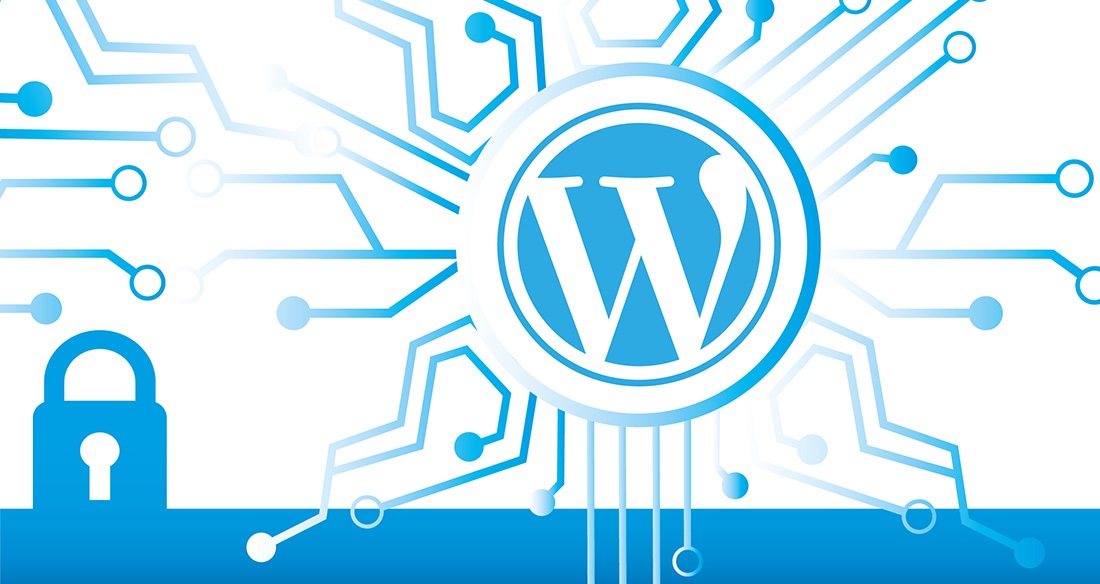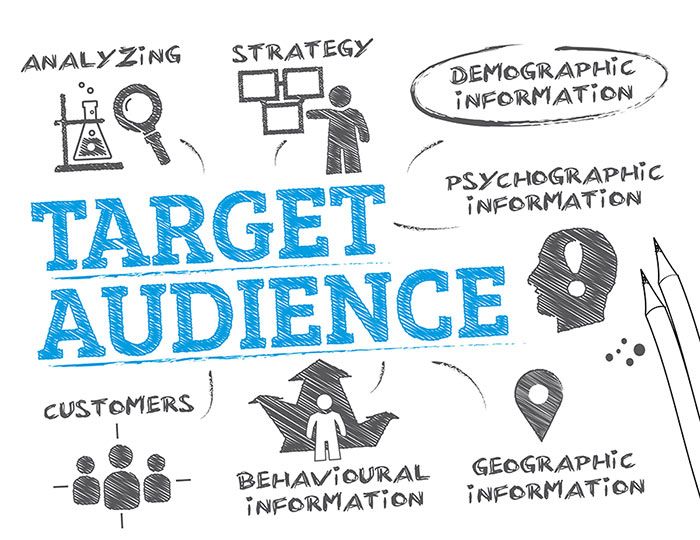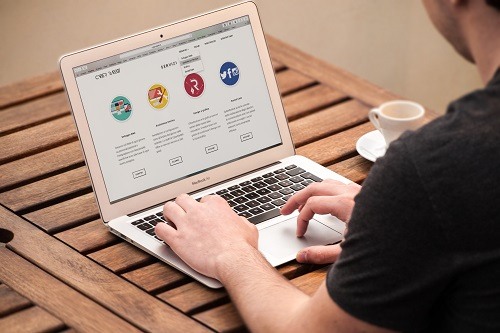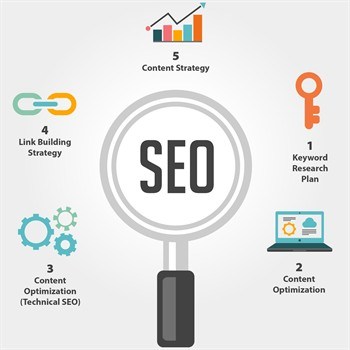8 Crucial Tips On How To Start A Successful Blog

Knowing how to start a successful blog can have a huge impact on your business and life in general. Although it started as a way for users to share their personal experiences, blogging has quickly become one of the most popular and effective communication methods available today.
From a personal point of view, a blog can be a creative escape that allows you to share your story with the world. It can help you document your travels, keep your loved ones up to date without the need for direct contact, and even help others that are facing similar challenges.
On the other hand, a blog can also become a profitable, well-established source of income if used correctly.
Bloggers that attract a large volume of visitors can choose from a number of different revenue-producing options that range from on-page advertising to receiving commissions from affiliate marketing.
![]()
Whatever your reason may be, if you want to start a successful blog you have to attract a good number of relevant followers. There are many factors that influence the success of a blog, and they vary according to the context in which the weblog will operate.
Always remember that your audience, the users who will be viewing and reading your content, is the centerpiece of your efforts. They will dictate the success of your weblog, so you have to keep them in mind throughout the entire building and writing process.
Although there are thousands of different categories out there, successful blogs all share a set of common traits that differentiate them from the rest. In this article, we go over the benefits of having a blog and provide eight essential tips that will help you set yours up for success.
Why Start Blogging
Blogs have become one of the most popular sources of information available today. Users share their knowledge on an endless array of subjects that range from DIY instructions to cooking recipes and even literary reviews.
But, what is a blog in the first place? Is it different from any other type of website? And, why should you bother starting one in the first place?
When blogs first appeared in the mainstream, they were designed for people to tell their story and keep an open-style journal of their day to day.

Needless to say, the money-generating potential of blogs was immediately apparent, and they have become the worldwide phenomenon we know today. Blogs still help individuals tell their story, while allowing them to generate revenue and make a profit from their writing.
Although blogs are classified as a type of website, they are different than traditional sites for two main reasons. The first is that they are updated on a regular basis, usually more than once per week.
The second major difference is that weblogs are designed to encourage interaction with readers and end users. This is usually done through comment boxes that are used to spark conversations between users or even the author.
There are many reasons why you may want to start a blog. You may be interested in helping others that are going through the same difficulties as you. Or maybe you have a small business that you want to propel into the spotlight.
The truth is that regardless of what you do or where you are located, there are always people interested in reading about your interests.
Blogging can help you make a profit while doing what you love, be it traveling, working from home, or collaborating with a well-established company.
Advantages Of Having A Blog
Learning how to start a successful blog can help you attain both personal and professional goals. It can help you develop better communication skills, master your fears, encourage you to start enjoying your life more, and even help you establish your own business.
In addition to the above, starting a successful blog can help you:
- Express yourself clearly
- Connect with other like-minded people
- Exponentially increase your capability to make a difference
- Share your knowledge and help others
- Fine tune your writing skills
- Generate revenue remotely
- Achieve location independence
- Become a thought leader in a particular field or area
- Build a loyal fan base
Creating a blog has many benefits, but it also requires a lot of time and energy. Moreover, building a successful blog means constant upkeep and maintenance, regular content creation, and other crucial tasks in order to be successful.
Starting A Successful Blog
Different blogs have different purposes and priorities, your success will depend on the purpose of your online publication.
One of the main goals that all blogs have in common is to reach a large number of users in order to help them or influence their behavior, so you have to create valuable content that captivates and entices your readers.

Although creating high-quality content is a big part, you also have to choose a user-friendly layout that is aesthetically appealing.
You need to learn to use white spaces and rich media such as images and video in strategic locations to provide a natural reading experience to your audience.
In order to start a successful blog, you have to:
1- Choose The Right Platform
There are dozens of different blog-creating platforms available, and they offer different benefits and advantages. Moreover, you can now create a user-friendly, feature-packed blog without any prior coding knowledge.

The most popular blog-creating platforms available is WordPress.org, a free tool that features a simple to use, template-ready interface.
2- Select The Best Hosting Service
After you choose the best blog creating platform, you have to find a good hosting service. As the name indicates, a hosting service provider allows you to store your website on their servers, which are accessible over the internet 24 hours a day, 7 days a week.

StudioPress is one of the most reliable WordPress hosting services available today. Their tailored infrastructure is designed to support WordPress-based sites, guaranteeing a great performance, high-security levels, and no hosting hassles even during high traffic spikes.
3- Identify Your Target Audience
Now that you have chosen your building and hosting tools, you will have to start thinking about the blog itself. The first big question you need to answer is: who are you writing for?

The best way to identify your target audience is to think about the demographics of the readers who are interested in your blog’s topic. Create fictional depictions of your ideal readers by gathering information from all available sources, and be as specific as you can be.
When you are on your writing and building phase, you can refer back to these depictions and use them as a guideline to enhance user experience. Which leads us to our next point…
4- Design Your Blog With Your Readers In Mind
It’s easy to get carried away and create a blog to your liking. However, end users will define its success, so you have to build a weblog that is attractive, easy to use, and relevant to them.

You have to keep your target audience in mind and make sure the website is easy to navigate and read. This includes selecting the right color scheme, layout, and internal blog structure, as well as using attractive media that speaks to them in their language.
5- Create Compelling Content
The easiest way to start a successful blog is to create quality content. Once you have chosen a user-friendly design, your content is what will drive traffic to your blog. The more useful it is, the more likely readers are to come back, tell their peers, and look for you on search engines.

6- Pay Attention To SEO Red Flags
Speaking of search engines, the main way readers will be able to find you is by running searches on websites such as Google, Bing, and Yahoo.
Search engine optimization (SEO) is the process of making specific text alterations based on keywords that make your website easy to find on these search engines.

Learning SEO basics is a must. With it you’ll know how to identify major red flags like duplicate content and poor backlinks which will help you achieve a high number of quality visitors.
7- Conduct Keyword Research
Although there are many other factors that enhance your blog’s position in search engines, choosing the right keyword will help Google and other sites categorize your blog properly.
In other words, search engines will be able to identify the type of blog you created and help connect you with users who are interested in reading it.
8- Optimize Your Old Content
Blogs are traditionally displayed in reverse chronological order, but that doesn’t mean that old content should be forgotten.

Rewriting and optimizing old content for your readers will help them understand your ideas and get them used to your writing style, not to mention attract new traffic you missed out on the first time around.
Final Thoughts
Now that you have gone over these essential tips on how to create a successful blog, you can build one of your own and start telling your story online.
Although blogging has a number of great benefits, it also requires a lot of hard work and time investment. Keep your end users in mind, write relevant content, and follow the tips outlined above to increase your chances of creating a successful blog!
Resouroces:

